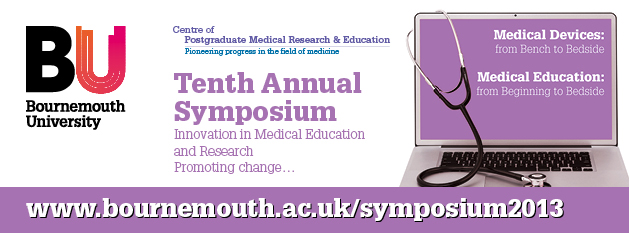
The Centre of Postgraduate Medical Research and Education (CoPMRE) is pleased to announce its tenth annual symposium ‘Innovation in Medical Education and Research, promoting change’. The symposium is suitable for clinicians, academics, healthcare professionals and industry people (Pharma and Medical Device) with an interest in medical research and education.
The research session will concentrate on design, assessment and implementation of novel medical devices and how to take technological innovations into practice. The education session will explore changes in medical training from school to revalidation, now and in the future.
Date: Wednesday 16 October 2013
Venue: Bournemouth University, Executive Business Centre, 89 Holdenhurst Road, BH8 8EB
Time: 9:00am – 4:30pm
Please ensure that you register for this event in advance.
Speakers include:
Siamak Noroozi
Chair in Advanced Technology, Bournemouth University
Key performance enhancement potentials of running with blades
Ian Swain
Director of Clinical Science & Engineering, Salisbury NHS Foundation Trust
The use of electrical stimulation in Neurological Rehabilitation
Robert Middleton
Consultant Orthopaedic Surgeon Royal Bournemouth and Christchurch Hospitals NHS Foundation Trust and Visiting Fellow, Bournemouth University
Medical Device Trials – The Bournemouth Experience
Chris Pomfrett
Technical Adviser, Research Commissioning, National Institute for Health and Care Excellence (NICE)
NICE evaluation of devices and diagnostics
Mike McMillan
CEO of NHS Innovations South West (NISW)
How to make it happen and keep the day job
Chris Stephens
Associate Dean (Education & Student Experience) University of Southampton
Southampton Medical School, now and the future
Richard Marchant
Assistant Director, Regulations Policy, GMC
Regulating Medical Education and Training
Peter Hockey
Deputy Postgraduate Dean, Health Education Wessex
Higher Training and the LETB
For more details please visit our website or contact Audrey Dixon




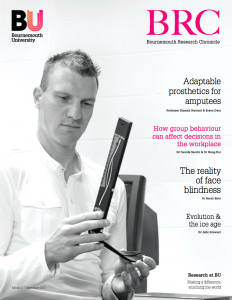
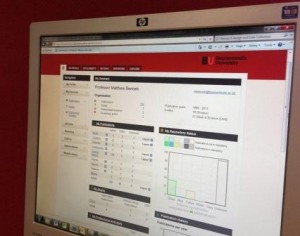

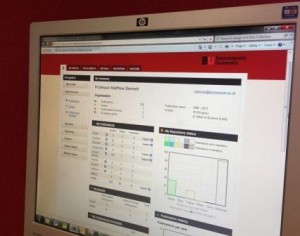
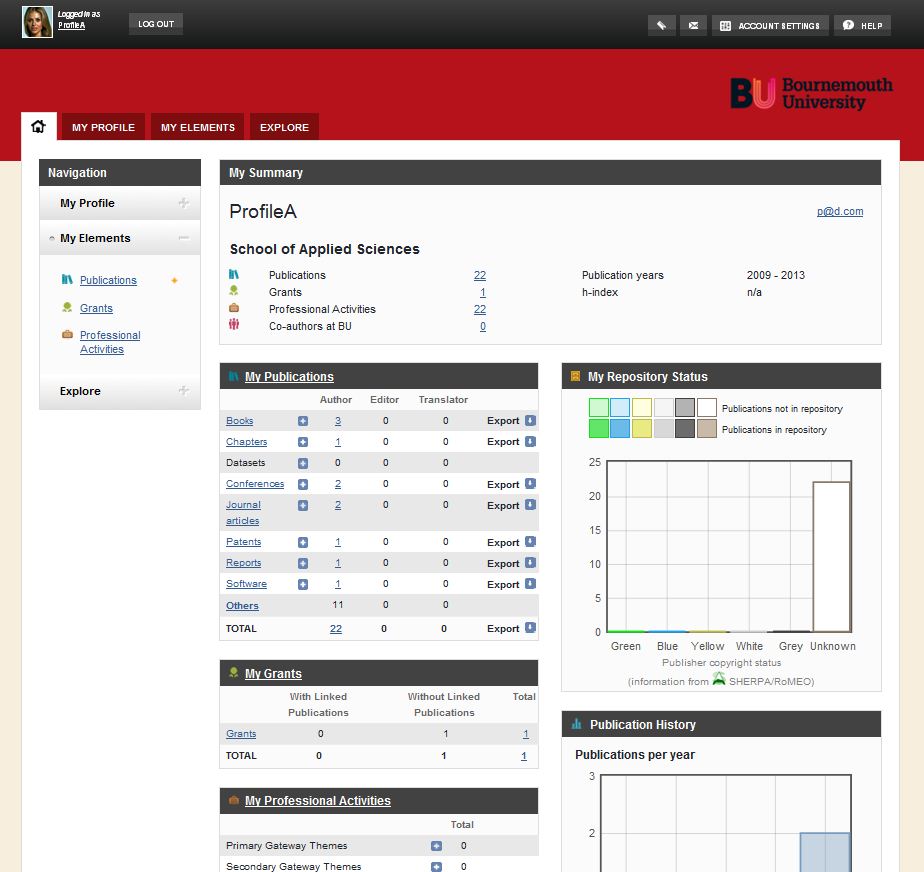
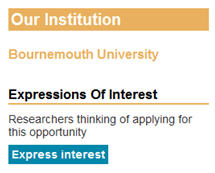
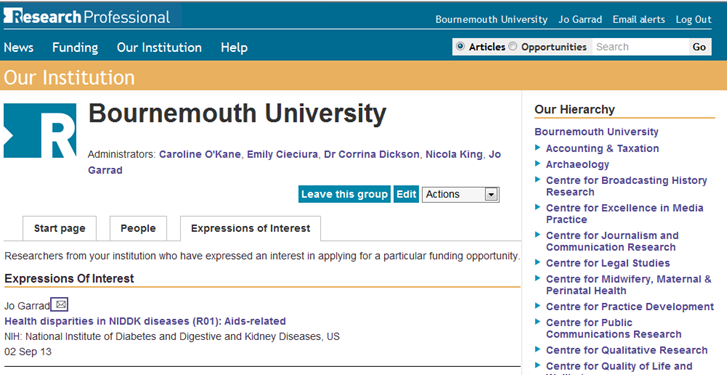

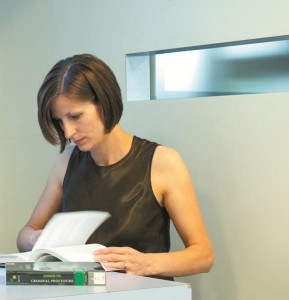













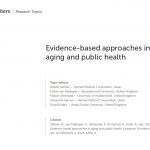 New eBook published in April
New eBook published in April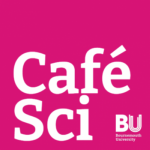 Café Scientifique Tuesday 4 June 2024 – How can we become more resilient in the face of multiple risks and hazards?
Café Scientifique Tuesday 4 June 2024 – How can we become more resilient in the face of multiple risks and hazards? MSCA Postdoctoral Fellowships 2024
MSCA Postdoctoral Fellowships 2024 Horizon Europe News – December 2023
Horizon Europe News – December 2023